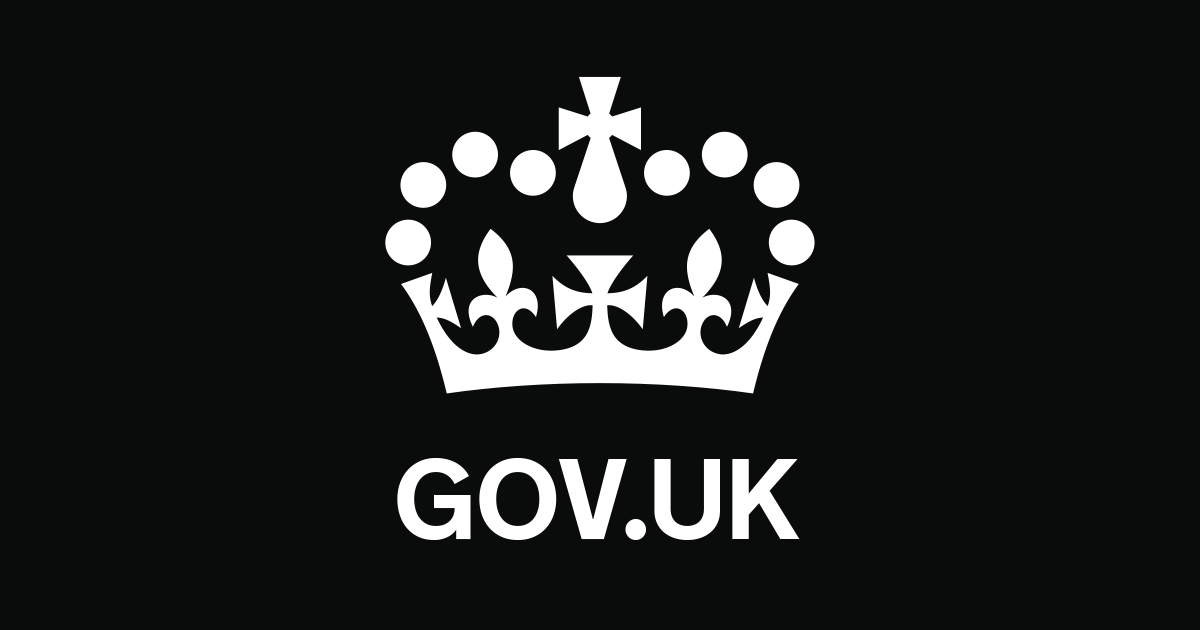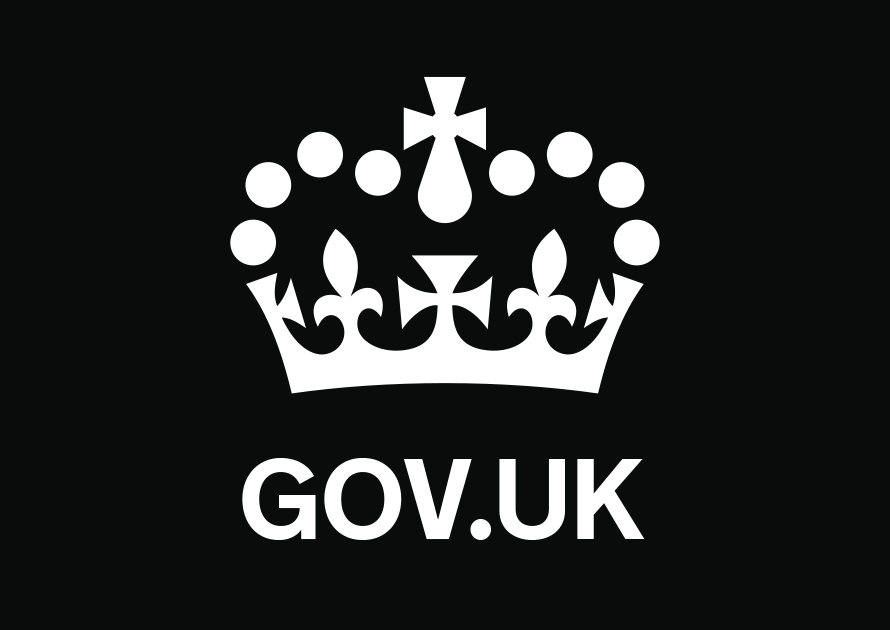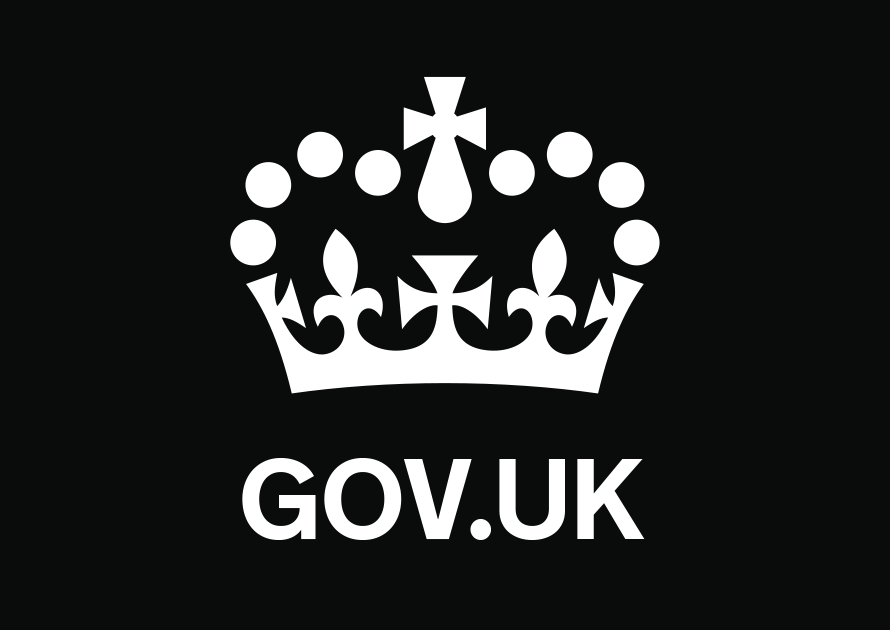In April 2021 HMRC introduced a zero rate of employers Class 1 National Insurance contributions on the earnings of a qualifying veteran.
You’ll apply the zero rate up to the Veterans upper secondary threshold.
From 6 April 2021 to 5 April 2022, you’ll need to pay the secondary Class 1 National Insurance contributions as normal and then claim it back from 6 April 2022 onwards.
To claim the relief, you’ll need to confirm that the veteran qualifies.
Employees that qualify
An employee qualifies as a veteran if they have either:
- served at least one day in the regular armed forces
- completed at least one day of basic training
The relief is available to a veteran who has started their first civilian job regardless of when they left the regular armed forces.
Limits on the relief
The relief only applies to the part of the employee’s earnings below the Veterans upper secondary threshold.
Qualifying period
The qualifying period begins on the first day of the veteran’s first civilian employment since leaving the regular armed forces and ends 12 months later.
The 12-month qualifying period is set and does not change if either their:
- employment ceases
- employer changes
This means that where an employee:
- has more than one job each employer can claim the relief at the same time for the same employee
- ceases one employment and starts another, the subsequent employer can claim the relief until the end of the qualifying period, but the employer will need to find out the date when the veteran was first employed
Claims for the 2021 to 2022 tax year for National Insurance category A
Claims through payroll reporting
You’ll claim the relief by submitting a revised Final Payment Submission (FPS) after 6 April 2022 using National Insurance category letter V for qualifying veteran employees.
Claims outside of payroll reporting
You’ll need to write to HMRC from 6 April 2022 to request relief if you are unable to self-serve through payroll reporting. Mark your letter with the heading ‘Overpaid National Insurance contributions’.
You’ll also need to tell us:
- your employee’s name, date of birth and National Insurance number
- why you are reclaiming the veteran’s relief
- the period you have overpaid in
- that you are claiming for a qualifying veteran and have evidence to show this (HMRC may ask to see this at a later date)
- the account number, sort code and account name for the bank account where you want the refund to be paid
Claims for National Insurance category letters other than A
For the tax year 2021 to 2022 you should continue to apply the standard category letter for the tax year where there is no veterans equivalent for categories B, T, C, W, J, Q.
If you are eligible for the relief, you’ll need write to HMRC at the end of the tax year to claim the relief.
You’ll need to tell us:
- your employee’s name, date of birth and National Insurance number
- why you are reclaiming the relief (for example, because you are claiming for an employee over state pension age)
- that you cannot amend through payroll reporting
- the period you have overpaid in
- that you are claiming for a qualifying veteran and keep evidence (HMRC may ask to see this at a later date)
- the account number, sort code and account name for the bank account where you want the refund to be paid
Where to send written claims
Claims for the 2021 to 2022 tax year outside of payroll reporting and for category letters other than A need to be in writing.
Submit your claim for one employee to:
HM Revenue and Customs
National Insurance Contributions and Employer Office
BX9 1AN
Submit your claims for more than one employee to:
HM Revenue and Customs
National Insurance Contributions and Employer Office
BX9 1BX
Claims from 6 April 2022
You’ll be able to apply the relief in real time by using National Insurance category letter V for qualifying veteran employees.
Record keeping
You need to keep records that show:
- that an employee is a qualifying veteran
- the start date of the veteran’s first civilian employment
You can ask the veteran for their:
- discharge papers from HM Armed Forces
- employment contract with their previous employment (in order to determine the start date)
- identification card (which shows their time in the armed forces)
- letter of employment or contract with HM Armed Forces
- P45 from leaving HM Armed Forces
You’ll need to keep records that show the employee’s eligibility for at least 4 years.




